A rather odd way to start my first post but stay tuned i’ll get to the point shortly! This whole conversation around data science being dead as always originates from my many conversations with subject matter experts daily but in particular the data to back it up is there.
WHAT THE DATA SAYS
If we consider the “best jobs” ranking from Indeed from 2017 to 2019, we will see that the role “Data Scientist” has been steadily dropping. In fact I had to zoom out so much by the time I hit 2019 figures to show how far down it had fallen, significantly out of the top 10 zone. Conversely, we have seen the role title “machine learning engineer” (MLE), out of nowhere in 2017 rapidly advance to the top – The number one “best job” in the USA. According to Indeed….
We defined “best” as those experiencing the fastest growth (measured by the increase in job postings between 2015 and 2018) and offering the highest pay (using a baseline salary of $75,000).
Source: Indeed
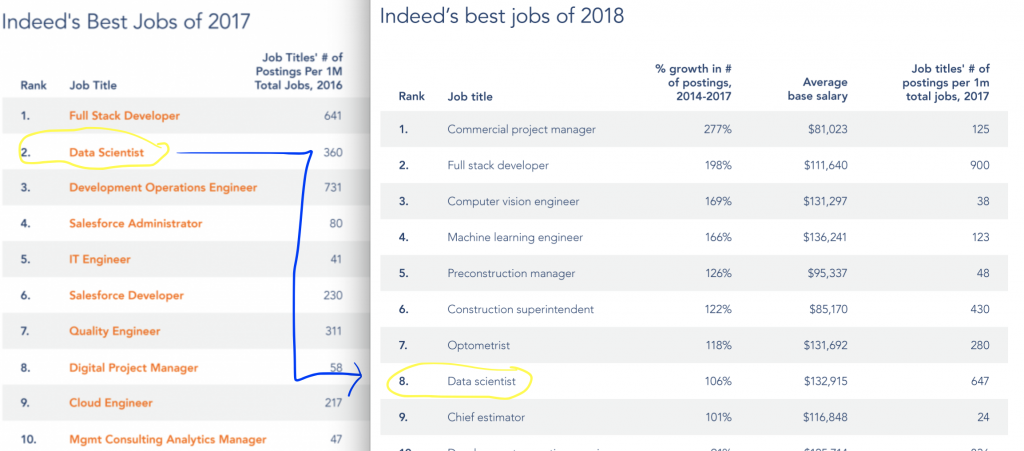
data scientist vs. machine learning engineer
Fundamentally, data scientists are typically focussed on solving the problem via model development (lots of math), experimenting and prototype development of their solutions (coding). Whilst machine learning engineers essentially focus on deploying these solutions. In other words they really are doing alot of coding. The problems have been solved by the scientists and now they are tasked with engineering the solution for scaleability and deploying into real world scenarios. I would argue that its not so much that the data science role is dead, but as more businesses and organizations embrace data and its associated technologies the demand has shifted from experimenting to practicality. Yes we’ll need that data scientist that can build, tune and hack models but essentially if we are going to utilize this in a real world scenario continually we are looking for hard core coding skills to support this (in comes the machine learning engineer!). So we are going to need lots more of that MLE than perhaps scientist on the data team.
Generally, a data scientist isn’t a “junior” role. It takes time to hone the essential skills and domain expertise to really deliver value. These scientists rely less on coding (perhaps more hacking?) as they move up the ranks to impact decision at the C-level. With the advent of automated ML, the fact modelling typically isn’t a significant part of the day-day work, most of the activities converge to data sourcing and management and model deployment. In other words advanced SQL skills and python/big data framework technologies.
so what career track should you take?
Focus on your strengths when it comes to career planning, but if you are taking into consideration where the market is heading know that true data science roles will be fewer and more competitive to break into. There is going to be increasing demand for MLEs who can code. It seems software is still eating the world and it will be nigh impossible to live in the future without getting to grips with the tenets of coding.
What are your thoughts? Please share your experiences and insights below!

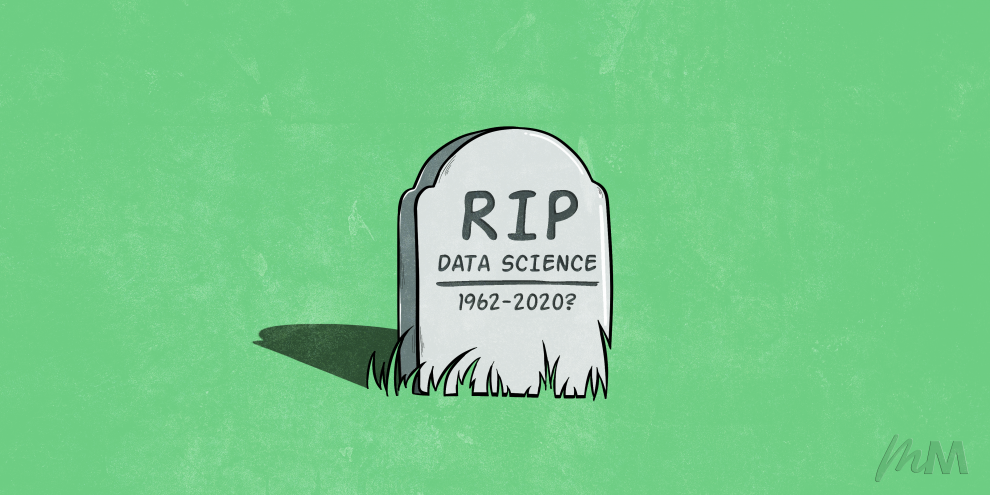
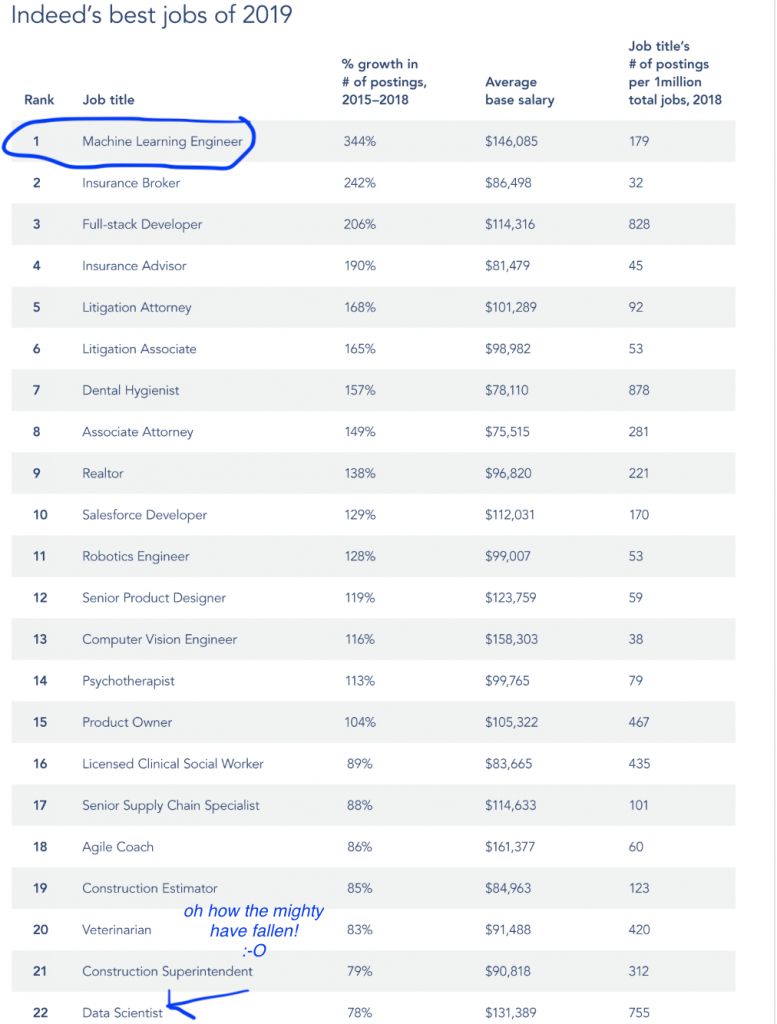
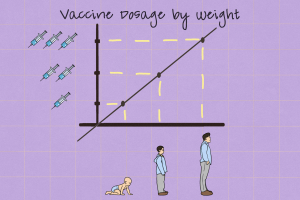
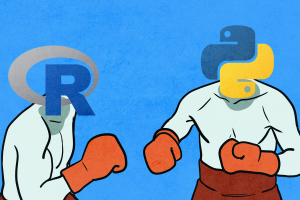







Add Comment